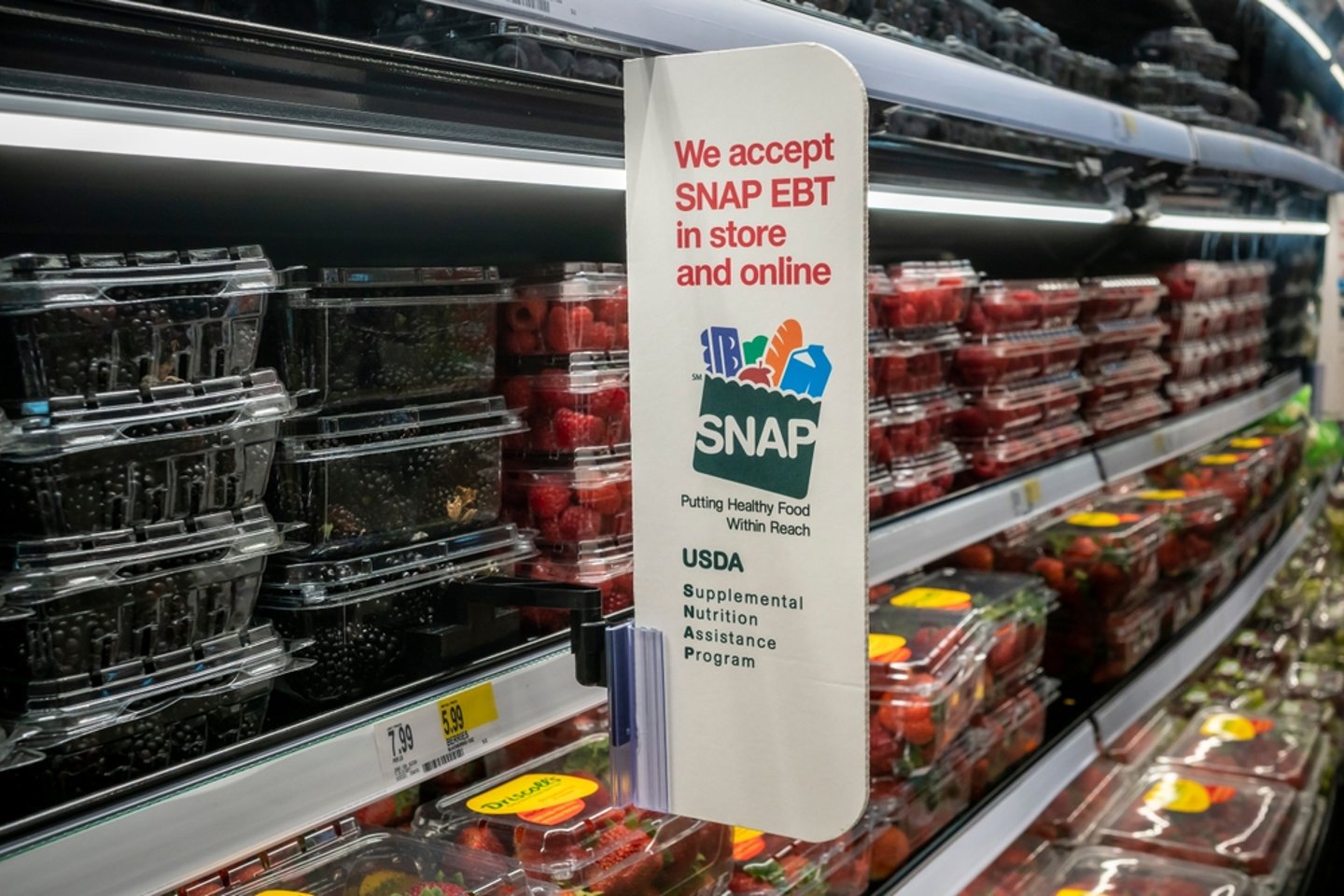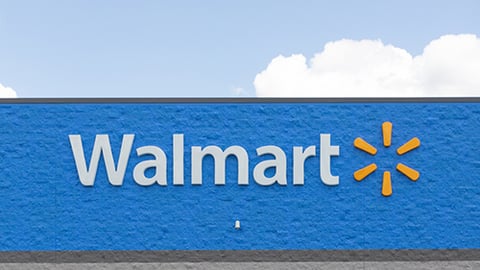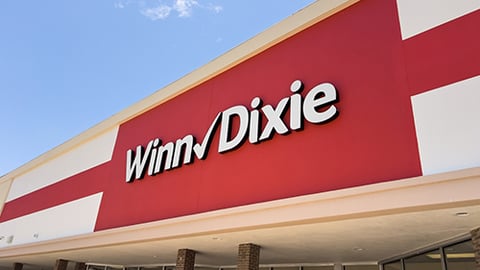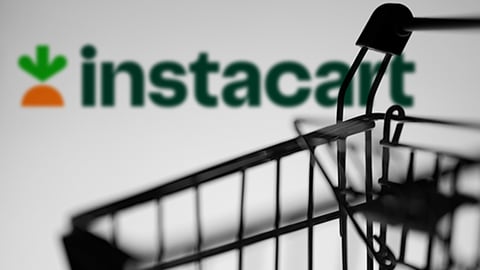Arkansas and Indiana Want to Ban Soda and Candy From SNAP
Two governors have made moves on April 15 to ban junk food from a program that helps low-income consumers pay for groceries.
Arkansas Gov. Sarah Huckabee Sanders and Indiana Gov. Mike Braun have both submitted waivers to the U.S. Department of Agriculture (USDA) revealing their plans to prohibit soft drinks and candy from their states’ Supplemental Nutrition Assistance Program (SNAP), also referred to as food stamps.
Health and Human Services Secretary Robert F. Kennedy Jr. recently encouraged states to file waivers to ban these foods from being used by SNAP recipients. Arkansas and Indiana are the first states to do so.
“President Trump and his administration have put a laser focus on solving America’s chronic disease epidemic, and reforming our food stamp program is a great place to start,” said Gov. Sanders. “Banning soft drinks and candy from food stamps will remove some of the least healthy, most processed foods from the program and encourage low-income Arkansans to eat better. Arkansas leads the nation in commonsense conservative reforms, and I was proud to work with [USDA] Secretary Rollins to make this move and take a strong first step toward broader changes to our food stamp program.”
[RELATED: Mercato Aims to Improve Healthy Grocery Access for NYC SNAP Recipients]
“Helping Arkansans improve their health is a top priority for our agency across all programs, and encouraging people to use their SNAP benefits for healthier foods is an important step that we believe will be truly beneficial to the people we serve. This reform will put more nutritious options on the tables of more than 100,000 households across Arkansas who receive SNAP benefits every month,” added Arkansas Department of Human Services Secretary Kristi Putnam.
The Industry Responds
In response to these SNAP waiver requests, Arlington, Va.-based FMI – The Food Industry Association President and CEO Leslie G. Sarasin offered the following statement:
“FMI and our member companies support the goal of encouraging customers to utilize SNAP dollars to purchase nutrient-dense foods. We have found that the best results are those that make resources available – like dietitian-supported recipes or curated shopping experiences and programs that enhance their ability to economically purchase fruits and vegetables and dairy while recognizing the limitations of the current average $6-per-person-per-day SNAP benefit.
[RELATED: Albertsons Providing Benefits and Better Access to SNAP Recipients]
“While pilots and waivers may have an important role, it is critical not to create chaos and confusion both in individual stores and through a jumbled mixture of varying state requirements – creating new program inefficiencies, longer grocery store lines and customer frustration.
“USDA knows, Congress knows and the American people know that we have to work together if we are going to prevent hunger with a $6/day SNAP benefit for the children, seniors and disabled people who depend on it.”
Washington D.C.-based National Grocers Association (NGA), which represents independent supermarket operators, also reacted by asking USDA to carefully consider the unintended consequences to "Main Street grocers."
According to a press release from the organization, "restrictions tied to SNAP food purchases can have far-reaching consequences for Main Street businesses. Independent grocers are cornerstones of their local economies, and any disruption in the program or confusion caused by changes can affect store operations, workforce stability and supply chain relationships. These ripple effects may reduce the ability of local grocers to invest in their communities by creating jobs, supporting nearby small businesses, and maintaining essential services in the underserved areas where they often operate and are the only connection to healthy food options.
"When approving waivers and writing new guidelines, we urge policymakers to remember that retailers are often the last and most direct touchpoint between SNAP and the individuals the program helps feed. Any changes to SNAP — especially food restrictions — directly impact grocers’ ability to serve their customers efficiently and effectively."
NGA is urging USDA and state agencies to provide independent grocers with clear guidance, sufficient training and strong communication to limit disruptions for SNAP recipients and other customers while waivers are in effect.
Additionally, the Washington D.C.-based National Confectioners Association weighed in on the issue. "This policy approach is misguided and not needed when it comes to chocolate and candy," said SVP of Public Affairs and Communications Christopher Gindlesperger. "SNAP participants and non-SNAP participants alike understand that chocolate and candy are treats – not meal replacements. In fact, candy-purchasing patterns are basically equivalent between SNAP and non-SNAP families – with only about 2% of SNAP purchases being candy. Consumers have a unique mindset when they enjoy chocolate and candy that is not present when interacting with other foods – whether or not they are using SNAP benefits for food purchases.”






